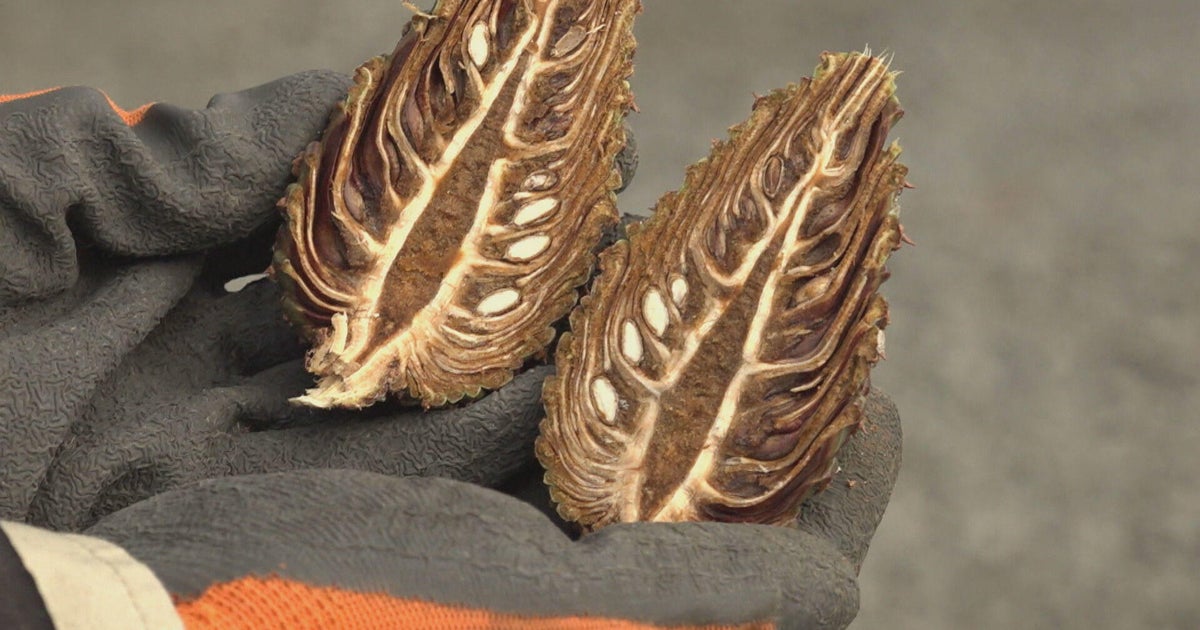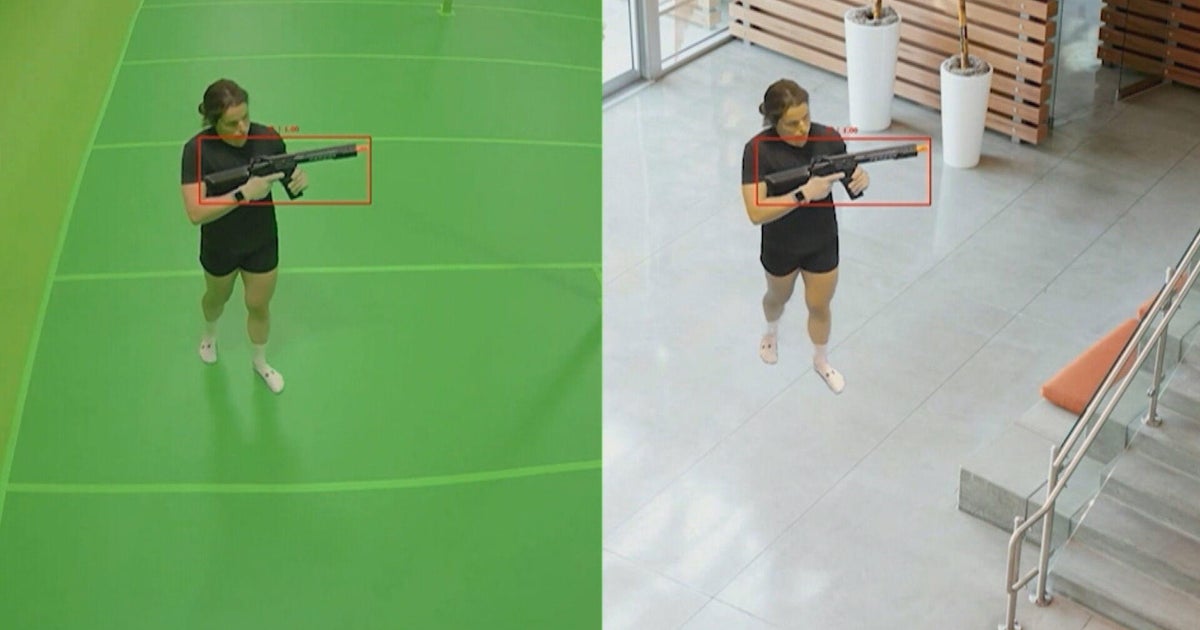Analysis: History of racial inequality still haunts us, public interest lawyer says
Bryan Stevenson is a public interest lawyer and founder of The Equal Justice Initiative in Montgomery, Alabama. The organization is committed to challenging racial and economic injustice and protecting basic human rights for the most vulnerable people in American society, its website says.
Stevenson joined "CBS Evening News" anchor Anthony Mason for a discussion about the recent events in Charlottesville that left one dead and more than a dozen injured and the fallout since then.
Mason asked what needs to happen to help heal some very deep and ugly division in America right now.
"We have a tragic history of racial inequality in America that we haven't done a very good job of confronting or acknowledging and it continues to haunt us," Stevenson said. "I think we have to own up to that and begin dealing with this legacy in a more direct way."
Stevenson said that white supremacy "has done horrific, destructive things." He said the "true evil" of the slavery era is the ideology of white supremacy.
"We said that black people aren't as good as white people. And even though we passed the 13th amendment in 1865, we didn't deal with that ideology and so it endured," he said. "Then we had decades of terrorism, lynchings, where thousands of people would gather and watch black people be brutalized, tortured, lynched, hanged -- and it changed this country in some very sad ways. We had millions of people flee as refugees and exiles from this terror in the South to communities like Chicago, Cleveland and Detroit. And then we fought this battle over civil rights."
Stevenson, who lives in Alabama, noted that Confederate Memorial Day is a state holiday, and there is no Martin Luther King Day, it's Martin Luther King and Robert E. Lee Day.
"What we've seen in Charlottesville is a manifestation of our failure to confront this history," Stevenson added. "We've got to talk more honestly about what slavery and lynching and segregation, the internment of Japanese Americans during World War II, the victimization of communities of color -- means. And then we've got to commit to overcoming it."
Mason mentioned Mr. Trump's comments Tuesday in which the president blamed "both sides" for the weekend violence in Virginia. Stevenson said that every elected leader has a "critical role to play" in learning history and confronting it head on.
"The one thing you cannot do is to suggest that there is some moral equivalent to the legacy and violence of white supremacy," Stevenson said.
"I think the president needs to step back, understand this history in a new and different way. He didn't get it when he should have gotten it but most people don't get it because we don't talk about it," Stevenson said. "It's never too late and we do need leadership on these issues."
"We cannot be ambivalent about the danger posed by Nazism and fascism and any ideology that says 'I'm better than someone else because of my color, because of my place of birth,'" Stevenson said. "That is the kind of poison that destroys societies and every elected leader has to recognize that and stand up to confront that."
Stevenson noted he is "surrounded" by the iconography of the Confederacy and the 19th century, but there is no mention of slavery. His organization is trying to erect markers that deal with the legacy of slavery, Stevenson said.
"I think that truth telling has to begin to for us to make the progress that needs to happen," Stevenson said.
To watch the full interview with Mr. Stevenson -- including whether he thinks all Confederate monuments should be removed in Alabama -- click on the video player above.




